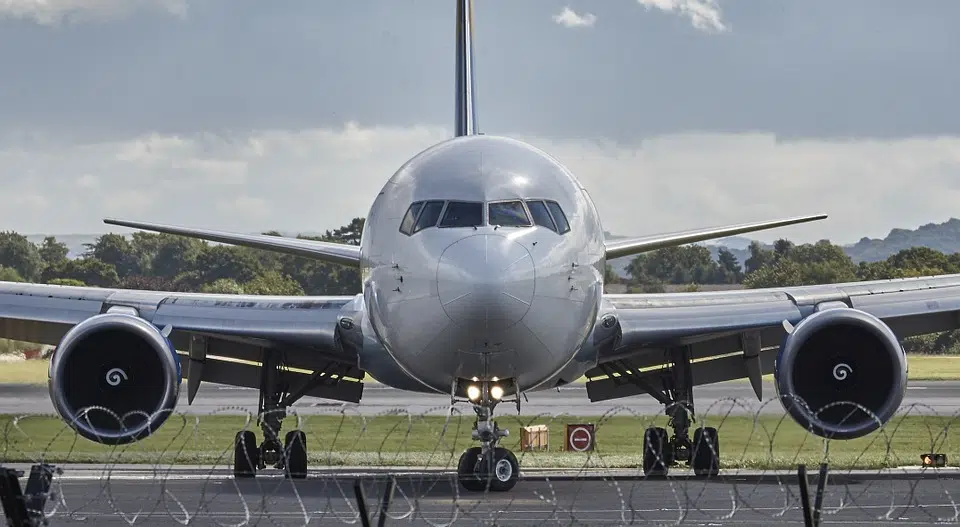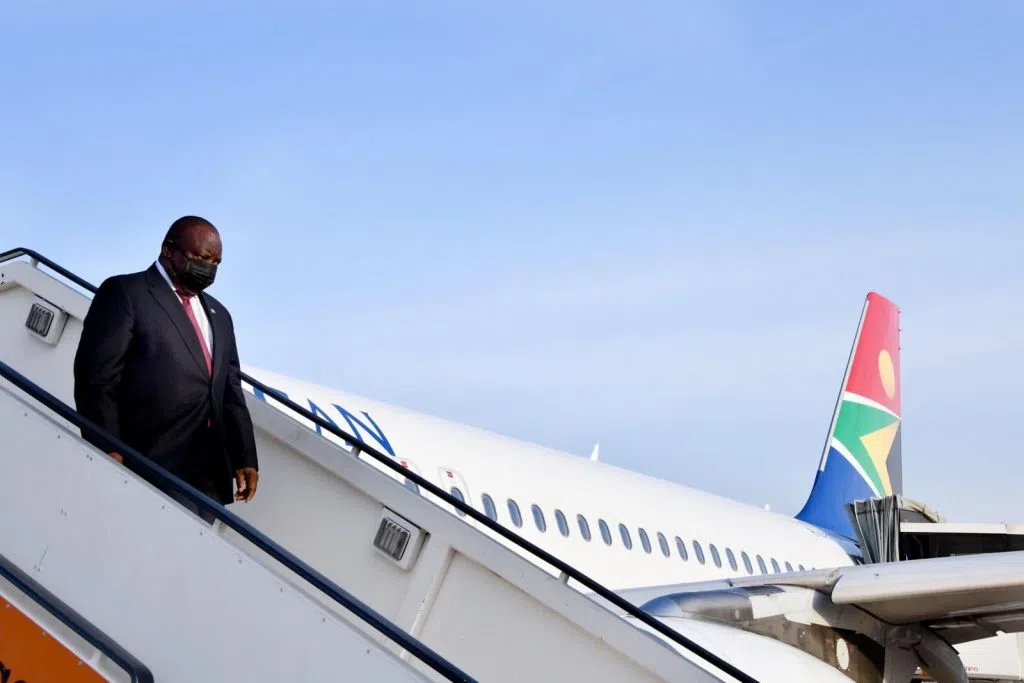
(CREDIT: Pixabay)
A potentially dangerous new COVID-19 variant called Omicron has been detected in Canada.
Our country is now tightening up its border measures for air travellers to help prevent the spread of the heavily mutated virus.
Flight bans have also been imposed on several southern African nations due to concerns.
Canada has so far confirmed seven cases in various provinces.
Canada moves to prevent spread at the border
The federal health minister told Canadians during a news conference on Tuesday air travellers will now need to get tested when they arrive at the airport from a non-travel ban country.
Jean-Yves Duclos says the rule applies to fully vaccinated visitors.
“We are announcing today [Tuesday] that all air travellers coming outside Canada, apart from the United States, will now need to be tested at the airport in which they are landing in Canada, whether they are vaccinated or unvaccinated.”
They will need to self-isolate until they get the results of their tests back.
As we have seen, the global COVID-19 situation remains volatile. That’s why we have taken swift, strong action at our borders to continue to protect Canadians against the spread of COVID-19.https://t.co/X93pcJKqYb
— Jean-Yves Duclos (@jyduclos) November 30, 2021
Although the measures do not include the United States, Duclos says talks are underway with the provinces and territories to develop a plan just in case.
The federal government expects the additional testing will increase wait times at the border.
Travel ban extends to more Southern African Countries
The federal government is extending its travel ban to foreign nationals who recently travelled through several southern African countries, which was announced last week.
It will now apply to Egypt, Malawi, and Nigeria. Travel has already been restricted for South Africa, Mozambique, Botswana, Zimbabwe, Lesotho, Namibia and eSwatini.
There is a mandatory quarantine requirement for Canadians and permanent residents.

Cyril Ramaphosa. (SOURCE: Cyril Ramaphosa via Twitter)
South Africa’s president Cyril Ramaphosa has condemned the move, saying it will damage sectors of the economy that rely on travel in those countries.
“We call upon all those countries that have imposed travel bans on our country and our Southern African sister countries to urgently reverse their decisions and lift the bans they have imposed before any further damage is done to our economies,” Ramaphosa says in a Tweet. “Instead of prohibiting travel, the rich countries of the world need to support the efforts of developing economies to access and to manufacture enough vaccine doses for their people without delay.”
Omicron was first reported to the World Health Organization last week after being detected in South Africa. The WHO believes its presence is increasing in almost all provinces in the country.
The Canadian government says the travel restrictions are due to the rate of community transmission in South Africa.
Nations across the globe have also imposed travel bans including theUnited Kingdom, European Union, and the United States.
Watching the situation closely
The federal government says it’s watching the situation very closely after the WHO dubbed Omicron a “variant of concern” due to evidence suggesting it has a higher re-infection risk.
The research is in its early stages but is looking at how easily the variant can spread and if it is resistant to vaccines.
Scientists are worried because it has more than 30 mutations to the spike proteins that cause infections in humans.
Cases have so far been confirmed in Ontario, Quebec, British Columbia, and Alberta.
“It may well be that as we gain time we find that the new variant is of less concern than what some experts might be fearing, but the situation might also evolve differently,” Duclos says. “We are reminding Canadians travel rules and border rules, in particular, can always change.
Tracing, monitoring, and testing continue throughout the provinces and territories.

COVID Testing. Image by fernando zhiminaicela from Pixabay
Duclos expects more cases will be confirmed.
The federal government is also seeking guidance from the National Advisory Committee on Immunization about whether it should bring in new standards on the use of COVID-19 vaccine booster shots, including national rollout and eligibility.
The federal transport minister is reminding Canadians to continue to follow public health restrictions, get vaccinated, and stay vigilant.
“I want to ask all Canadians to remain cautious and prudent, the pandemic is not over,” Transport Minister Omar Alghabra says. “If they are thinking about travelling to recognize that travel measures could change at any moment . . . Our government’s top priority is protecting Canadians health and safety.”






